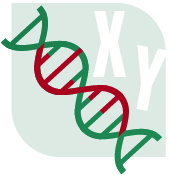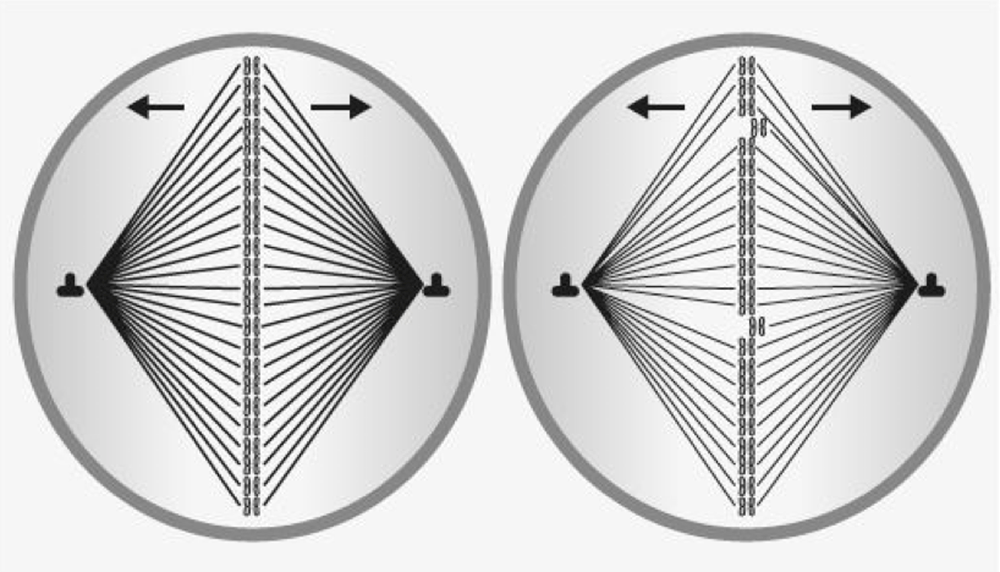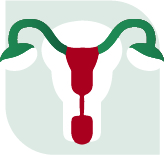- About us
- Assisted Reproduction
Prices and financing
Other specialties
- What is your case?
- Contact
Miscarriage is a very sad experience and if it recurs it can become traumatic. Approximately 15 % of pregnancies end in miscarriage before the ninth week of pregnancy.
Recurrent miscarriages are when two or more non-evolving pregnancies occur consecutively. In these cases, each miscarriage increases the likelihood of recurrence in subsequent pregnancies, as it indicates that there is a common cause.

Diagnosis Treatment Pregnancy Loss Chromosomal abnormalities in the embryo are the most common cause of recurrent miscarriages, accounting for 50-60 % of cases. This percentage increases with the woman’s age. These abnormalities can occur during embryo formation and be inherited from either parent.
Approximately 4% of couples with recurrent miscarriages have a chromosomal abnormality in the karyotype of one of the parents. The karyotype is analysed by a blood test. It is the representation of a person’s chromosomes arranged according to their morphology and size. Each cell has 46 chromosomes, 23 pairs inherited from the mother and 23 from the father.
Chromosomal abnormalities often affect the karyotype structure: missing a piece or having an extra piece. In the carrier parent the alteration is in balance, but it can be transmitted in an unbalanced way.
The vast majority of miscarriages are due to alterations in the number of chromosomes in the embryo because the sperm and/or the egg do not have the appropriate chromosomal endowment. According to studies carried out at Institut Marquès, in the best of situations, i.e. embryos from donor sperm and eggs, almost half of them have chromosomal abnormalities. It seems a lot, but human reproduction is not very efficient.
The percentage of abnormal embryos increases with the age of the woman, with 78% of the embryos of patients in their 40s being altered.

In the egg cell nucleus, after ovulation, the 46 chromosomes are placed face to face to separate. The filaments that bind them together are released, leaving 23 chromosomes. As a woman gets older, the passage of time causes alterations in this process (in young women the rods that separate them effectively are resistant. With age they become weaker and can break like the filaments of a light bulb). Therefore, there may be extra chromosomes left over (if it is 21 it will give rise to Down’s Syndrome) or less, causing fertilisation failures or embryos with genetic alterations which will mostly be early miscarriages
The risk of miscarriage for a 35-year-old woman is 20%, at 40 years of age 40%, and at 45 years of age 80%. However, ovarian age is not always the same as chronological age.
In order to know the risk of another miscarriage, we must study the patient’s ovarian reserve by analysing the anti-mullerian hormone (calculate your ovarian age by clicking on this link). To rule out that it is due to abnormalities in the chromosomal endowment of the sperm, a study in semen called FISH is recommended. Meiosis and double-stranded DNA fragmentation studies may also be adviced.
The indicated treatment for recurrent miscarriages caused by genetic alterations is In Vitro Fertilisation with Genetic Analysis of the Embryos (PGT). In this way, only chromosomally healthy embryos are transferred into the mother’s uterus.
In the case of a miscarriage, we can already determine a possible genetic cause with just a blood test.
The most common cause of miscarriage is chromosomal abnormalities in the embryo. A blood test of the patient now allows us to determine the karyotype of the non-evolving embryo within 4 days.
As soon as the embryo is implanted, embryonic DNA is found in the mother, so the analysis can be carried out following any miscarriage, even with only a week’s delay.
This is a great advance because when this study is carried out on the abortion remains, by means of curettage or chorion biopsy, there are many failures when it comes to obtaining the result and, in addition, the sample may have been contaminated with DNA from the mother.
At Institut Marquès we obtain the blood sample in our own clinic to carry out the “PregnancyLoss” analysis. The total cost is 480 euros.


Hereditary thrombophilia is a genetic predisposition to increased blood clotting. It is due to genetic variants of proteins involved in coagulation. As a result, thrombi can form, particularly in the legs, which can break off and cause pulmonary thromboembolism.
Pregnancy induces a state of hypercoagulability in all women, a physiological change to prevent haemorrhage during childbirth. In patients with Thrombophilia, thrombosis can occur in the placenta, reducing the vascularisation of the foetus and causing miscarriages. There is also a higher risk of postpartum thromboembolism.
The standard test for diagnosing genetic thrombophilia is a blood test for Protein C, Protein S, Antithrombin III and Leyden’s Factor V. But this test can only identify 20% of cases. The study of the genetic profile of thrombophilias allows 85% of patients with this disease to be detected.
Treatment for patients with genetic Thrombophilia is carried out on an individualized basis with Low Molecular Weight Heparin.

Congenital uterine malformations are those in which the uterus is very small or deformed, or there is a fibrous septum dividing the uterine cavity into two (septate uterus). The incidence of these malformations is 0.3 % in the general population and approximately 4 % in patients with miscarriages.
Alterations of the uterus are diagnosed by means of:
Thyroid alterations and diabetes, if medically controlled, are NOT causes of miscarriages. There is also no scientific evidence that hyperprolactinemia or luteal phase deficiency are.
In the last 10 years, we have made significant advances in diagnosing recurrent miscarriages of embryonic origin. El gran reto se encuentra en mejorar el diagnóstico del aborto de repetición de origen materno. This continues to be our battle in research. The fact that in many cases the cause is unknown and that the next pregnancy develops normally has given rise to all kinds of diagnoses and treatments.
At Institut Marquès we have all Assisted Reproduction treatments in which we use the most advanced technology.
We finance all your Assisted Reproduction treatments. Calculate it yourself with our new financing calculator.
We are different from other centers: restless professionals who constantly seek improvement and excellence.
Rellena el formulario y nos pondremos en contacto contigo para organizar una visita con un especialista en Reproducción Asistida.


Institut Marquès, clínica LGTBI Friendly